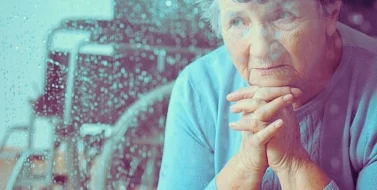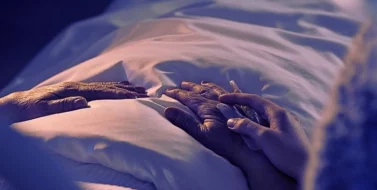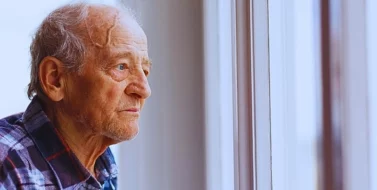Nursing Home Neglect is a tragic occurrence and may seriously impair the health and well being of its victims and their families. The Chicago and South Chicago Nursing Home and Accident Lawyers at Grazian and Volpe are often consulted when a family member notices pressure sores – which they may term as “bed sores”- when visiting their loved one in the nursing home facility. They may have approached the staff with this condition and been told that these sores are an unavoidable consequence of long-term care or that the resident entered the facility already suffering from pressure ulcers.
But is that accurate? There is not doubt that pressure ulcers are a huge concern in long- term facilities with the prevalence charged from 2.4% to 23%. 70% of all pressure ulcers occur in people older than 70 and 95 percent of pressure ulcers occur in weight bearing and moving joints and bony prominences in the lower part of the body, specifically the sacrum, coccyx and different portions of the hips.
However, whether the resident entered with the pressure ulcers or developed them in the facility is an important determinant in finding whether these sores were unavoidable or avoidable (ie, the result to nursing home neglect).
It should be well documented when a resident enters the facility suffering from pressure sores. Existing sores should be noted on the admissions records and the admitting comprehensive assessment- which is mandatory for all new residents. This assessment describes the resident’s physical condition and also what conditions the resident is at risk for, including pressure ulcers, nutrition problems, risk of fall and cognitive problems.
If there is no finding of pressure sores in the admitting documentation or the assessment is faulty, the facility may not succeed in claiming that the resident’s ulcers were unavoidable.
The Chicago Nursing Home Lawyers at Grazian and Volpe have advocated on behalf of the elderly and their families for over 25 years. Do not hesitate to contact our office regarding this area of personal injury practice and how you may help prevent elder abuse and advocate on behalf of its victims.





